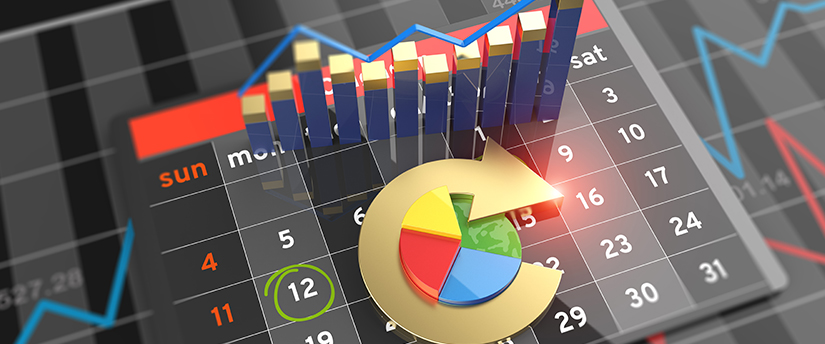There is so much moving in finance that is adjusted each day. Economic reports, central bank decisions, and permanent events have an influence on prices in the market. Traders usually have to find a means of keeping pace with such developments. The economic calendar is one of the best versions of the same.
Exploring how an economic calendar helps
What is an economic calendar
An economic calendar comprises a schedule of financial events that influence markets. It displays data for the previous, predicted, and actual states of major indicators. The traders can predict the volatility and plan on the calendar. It is a financial news guide which directly influences such assets like currencies, gold, and indices.
The significance of the economic calendar in financial markets
The economic calendar is not any random list of events. It is a map outlining the possible dangers and opportunities that a trader may follow. The primary reasons as to why the calendar is essential are these:
- Market awareness: reduces traders in the know about news that may be coming in the market in a price changing manner.
- Risk planning: aids exposure management through the elimination of the high risks times.
- Timing trades: indicates when it is best to get in or get out of a trade.
- Trend confirmation: helps technical analysis to be supported by real life events.
- Discipline: minimizes objective trading through concentration on which data is to be disclosed.
How to read and use the economic calendar
An economic calendar can seem particularly confusing when there is an initial reading. But through practice, it is easy. Relevant output will usually be the time, country, the event, and the anticipated impact. Forecast numbers and previous results are also contained in the calendar. A comparison between the forecast and actual results is necessary to use it effectively. Significant differences can be reacted to so strongly in the market. Special attention should be paid to the events labeled as high impact by traders.
Key events listed on the economic calendar
Not everything that happens is equal. Others are not of much impact and others can shake markets. The most significant events that traders seek are as follows:
- Interest rate decisions: these are determined by central banks, directly affecting currencies and gold.
- Non farm Payroll (NFP): Captures the increment in the employment and tends to be volatile.
- Inflation data (CPI, PPI): indicators of the rate of price increases.
- Gross domestic product (GDP): indicates the well being of an economy.
- Unemployment claims: Donor signifies strength in the labor market.
- Trade balance reports: that display the difference between imports and exports.
Advantages of using the economic calendar
The calendar has numerous advantages easing the process of trading. It is a risk management, learning, and planning tool of traders. Some key benefits are:
- Preparation: The traders understand that volatility occurs at certain times.
- Decision support: integration of when to buy or sell trades.
- Strategy building: supports the short term as well as the long term plans.
- education: assists beginners to learn about the impact of events upon prices.
- Flexibility: suitable to all types of assets, including forex and commodities.
How to build a strategy with the economic calendar
The calendar can be made more convenient with a clear plan. Based on events, traders should transpose event signals using their own methods. Here are the steps to follow:
- Review weekly: glimpses through the calendar at the beginning of the week.
- Filter events: pay attention to high and medium impact events.
- Adjust positions: reduce trade quantities before big news.
- Set alerts: Set notifications for important events
- Combine with analysis: unite analysis chart signals with the calendar data.
Finally
An economic calendar is one of the most useful financial tools. It helps traders to see how it may impact the markets and when the big events happen. This way the economic calendar turns out to be one of the most important tools to rely on to manage the process of risks and enhance the trading decisions.



